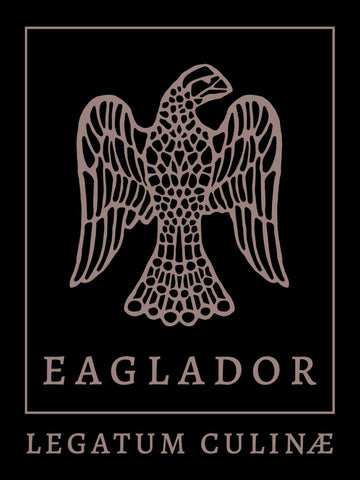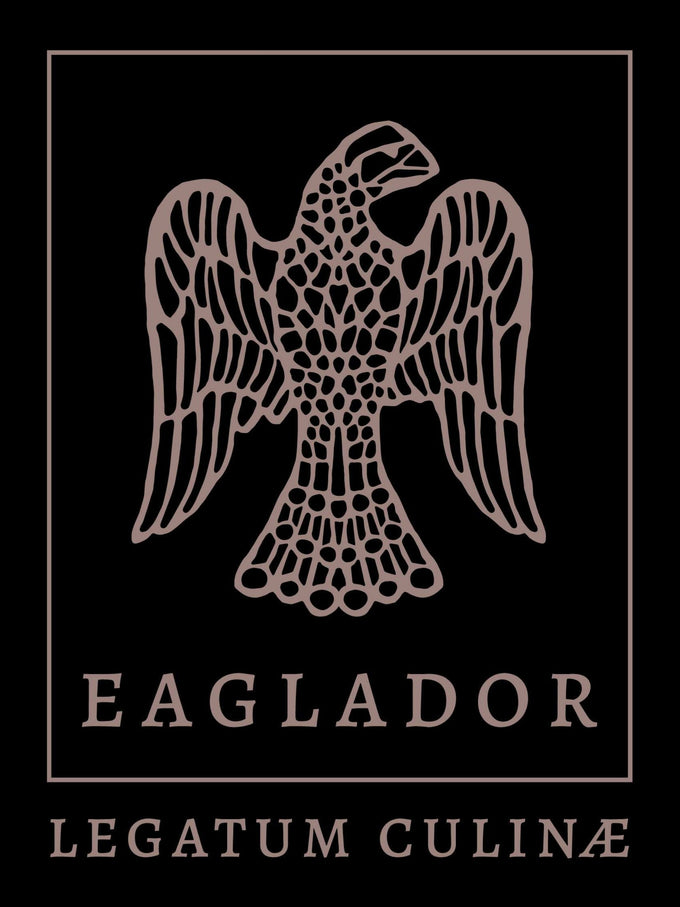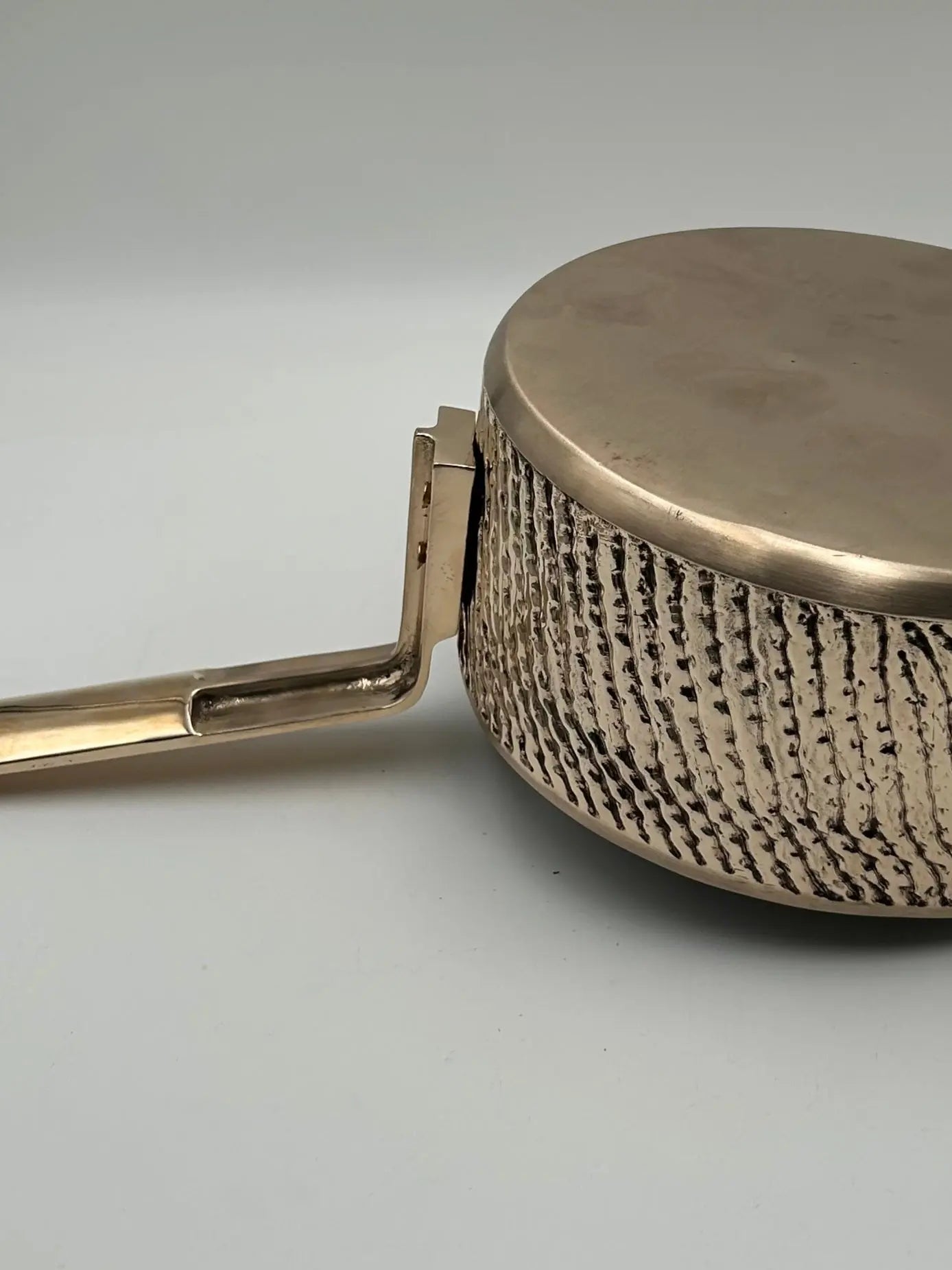There are different options to cast iron when it comes to choosing cast cookware. Consider cast bronze? Here’s a comparison of the two materials:
Material Composition: Bronze cookware is made from an alloy of copper and tin. Cast iron cookware is made entirely of iron.
Heat Retention and Conductivity: Bronze has excellent heat conductivity, allowing for even heat distribution across the cooking surface. This property ensures uniform cooking and prevents hot spots. Bronze can be well-suited for tasks like sautéing, simmering, and braising. Cast iron also has good heat retention and distribution properties, although it heats up much more slowly than bronze. Once heated, cast iron retains heat well, making it suitable for dishes that require long, slow cooking.
Weight: Bronze saucepans are generally lighter than cast iron, making them slightly easier to handle. However, the weight of both materials contributes to its stability on the stovetop and heat retention properties.
Durability: Both materials are renowned for their durability. When properly cared for cookware made with these materials will last for generations. However, if cast iron if left in the sink, put in the dishwasher or left to air dry, it will rust whereas bronze is resistant to corrosion and will not rust.
Aesthetics: In addition to its functional properties, bronze cookware often has an attractive appearance, which can enhance the cooking experience.
Overall, cast bronze cookware is a high-quality alternative for home cooks and culinary enthusiasts who prioritize durability, heat retention and conductivity, and even cooking performance. With proper care, bronze cookware can be a long-lasting addition to any kitchen and depending on your priorities can be a good alternative to cast iron for cookware.


